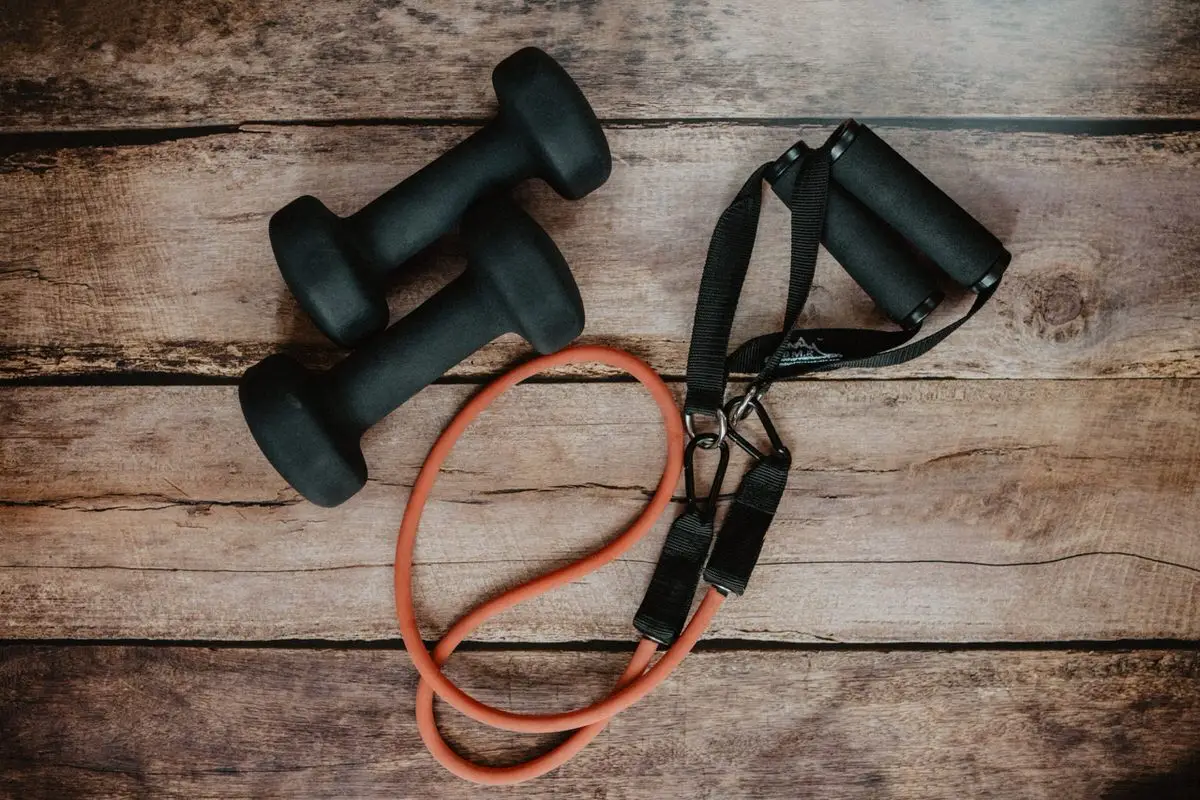Do you wish you could put on just a few kilos – or at the very least keep your weight stable – but find it very difficult whilst also managing and monitoring FODMAPs? In a world fixated on weight loss it can be hard to find good quality information on how to gain weight, healthily. I’m going to share with you some ideas, tips and tricks to help you increase your calorie intake and (hopefully) reach your ideal weight.
1. Make every mouthful count!
To stop you feeling stuffed full the idea is to increase the calorie density of your meals and snacks without increasing the portion size too much. Add nutritious high calorie foods to all meals and snacks such as low FODMAP nuts and seeds, peanut butter, oil (extra virgin olive oil or sesame oil are my favourite healthy oils), grated cheese, pesto, mayonnaise, satay sauce and coconut milk or cream.
Choosing higher calorie choices of similar foods is also helpful. For example, swapping some low calorie vegetables with the starchy alternatives potato and sweet potato or low fat dairy/alternatives with full-fat options.
2. Change your fluid choices
Water, tea and instant coffee are virtually calorie free. So replacing (at least some of) these with nutritious calorie containing choices is recommended. Try making your coffee and tea (decaf may be better tolerated) on lactose-free full-cream milk or soymilk (made from soy protein) or use these milks to make smoothies, milkshakes and hot chocolate (malt free). For water lovers this can be a real challenge but a necessary step for gaining those few extra kilos.
3. Eat frequently – ideally every 3 hours or so.
Have calorie rich snacks available at all times for mid-meals. Nuts, peanut butter and banana on rice cakes or lactose free/low lactose yoghurt are good snack options.
4. Trick yourself into eating more
Research shows that eating from larger plates and bowls makes people eat more. So eat from large plates and bowls! Another good trick is to wake up early and eat breakfast. This maximizes your waking hours allowing you to eat more throughout the day.
5. Finally, planning and dedication is vital for achieving your ideal weight
For people who struggle to gain weight because they are naturally thin, have a poor appetite, suffer from chronic disease or for other reasons, being organised and planning your meals and snacks is vital. Your environment needs to support your goals because it can be so hard to push yourself to eat when you’re not hungry in order to gain weight.
I have included a sample one-day meal plan below to help you make sense of the information in this post.
6:30am:
¼ cup oats, ½ cup nuts and seeds, 1 tbs dried cranberries, cinnamon, full-fat soy milk and 2 tbs coconut cream
9:30am:
2 rice cakes with thick spread peanut butter and sliced banana
12:30pm:
Low FODMAP salad vegetables, ½ cup each of potato and sweet potato (steamed or baked), ½ cup canned chickpeas, ¼ cup nuts/seeds, 30g feta and a good slug of olive oil based dressing (garlic infused olive oil or balsamic and olive oil)
3:30pm:
200g lactose free yoghurt
6:30pm:
Salmon steak cooked in olive oil with 1 cup rice and stir-fry greens topped with sesame oil
8:00pm:
Chia pudding made on coconut milk
Fluids:
Aim for at least 2-3 low FODMAP milk based options/d in place of “free fluids”. Having fluids 30 mins away from food may reduce the feeling of fullness.
We would love to hear how you go with the suggestions made in this post, or any other suggestion you may have from your own experience that you would like to share with others. You can contact me here to share your thoughts.

